The North Atlantic Treaty Organization (NATO) has warned of a "new risk of escalation" after Russia withdrew from a grain export deal.
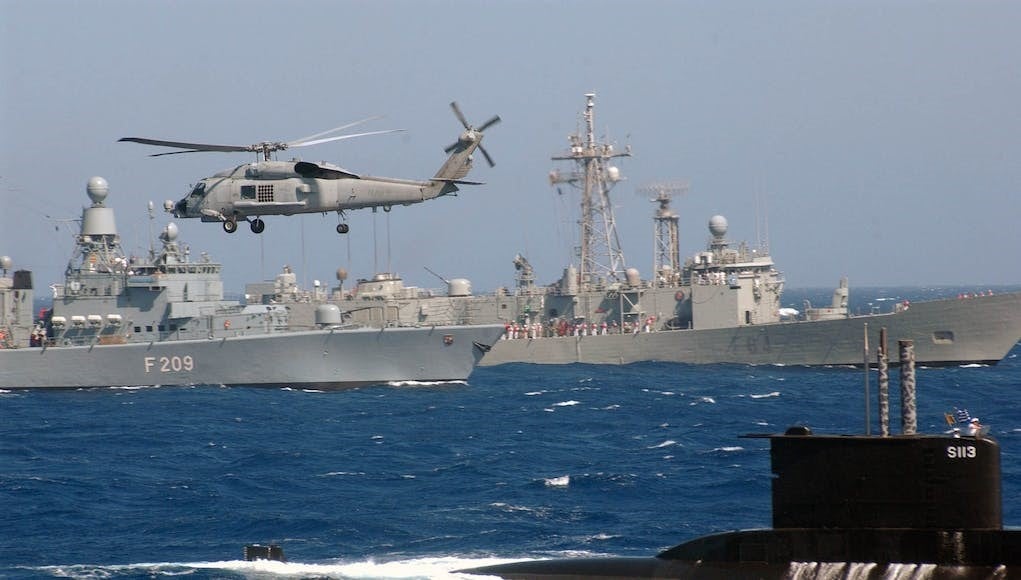 |
| NATO is deploying more maritime patrol aircraft and drones to secure the Black Sea. (Source: UK Defence Journal) |
NATO announced on July 26 that it was increasing surveillance of the Black Sea region, while criticizing Russia's withdrawal from an agreement to ensure the safety of Ukrainian grain ships.
The statement was made after a meeting of the NATO-Ukraine Council, which was newly established in early July 2023 to enhance coordination between the Western military alliance and Kiev.
Accordingly, the council strongly condemned Moscow's decision to withdraw from the Black Sea Grain Agreement, along with its efforts to block Ukraine's agricultural exports - essential goods for hundreds of millions of people around the world.
NATO and its allies are currently increasing surveillance and reconnaissance in the Black Sea region, including the use of maritime patrol aircraft and unmanned aerial vehicles (UAVs).
The military alliance also rejected Russia's warning that international waters in the Black Sea were temporarily unsafe for navigation and that any ships heading to Ukraine's Black Sea ports could be considered to be carrying military cargo.
According to the statement, NATO stated that Russia's new warning zone in the Black Sea is located within the exclusive economic zone of Bulgaria - a NATO member country, thus creating new risks and regional escalation, as well as "serious obstacles" to freedom of navigation in the region.
Therefore, NATO Secretary General Jens Stoltenberg emphasized: "We are always ready to protect every inch of our allies' territory from any act of aggression."
The Black Sea Grain Agreement, which allowed Ukraine to safely export grain to the region, expired on July 17 after Russia decided not to renew it. The United Nations said this would have a devastating impact on those who depend on this vital food source.
Moscow recently suggested it would consider reviving the deal if the parties met its demands for improved grain and fertilizer exports.
Source








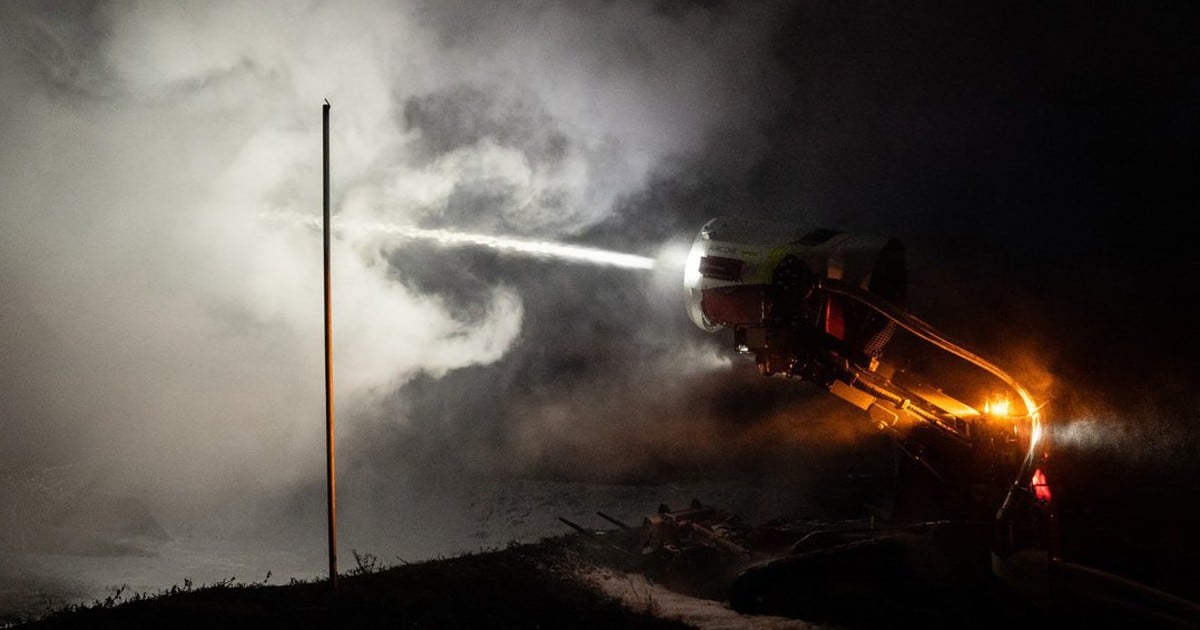



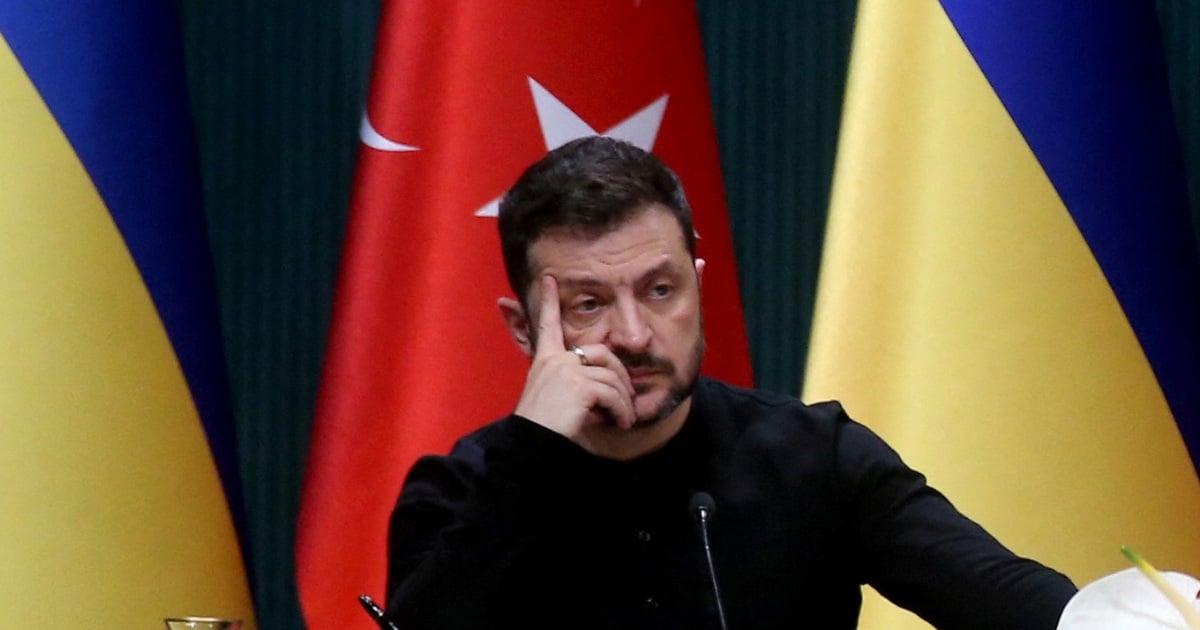
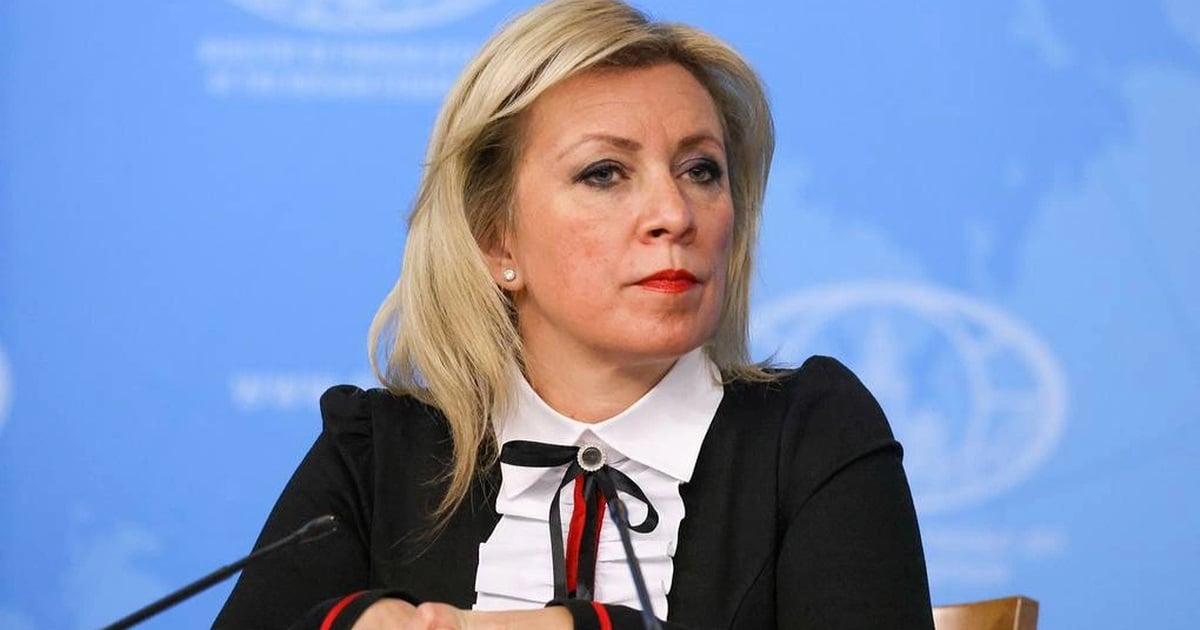
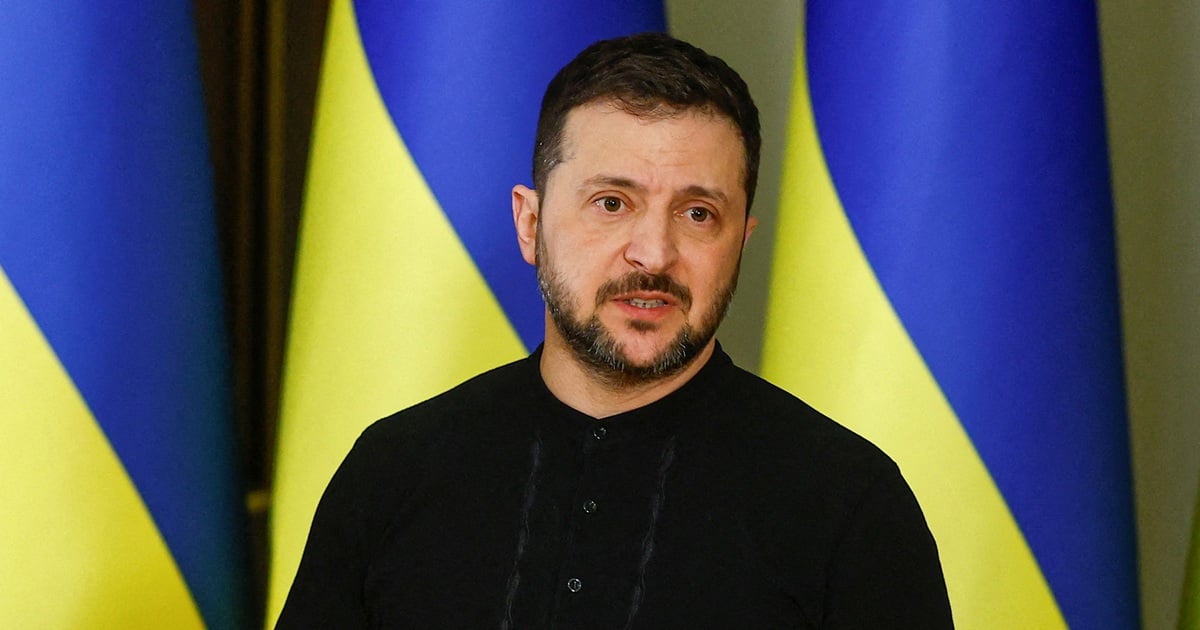
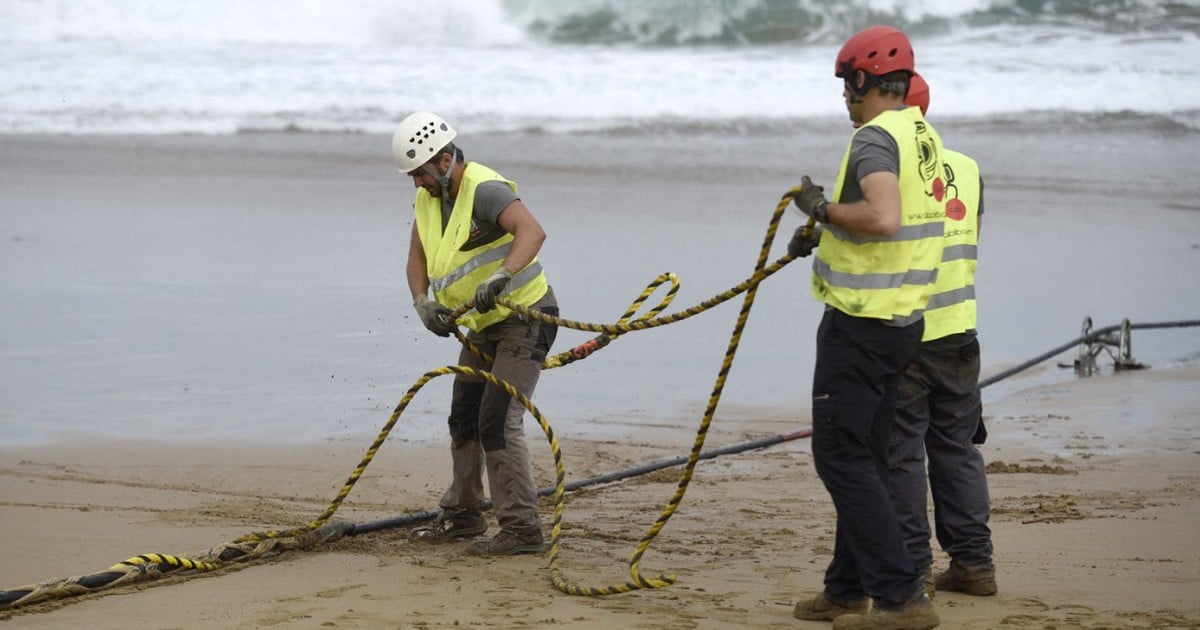
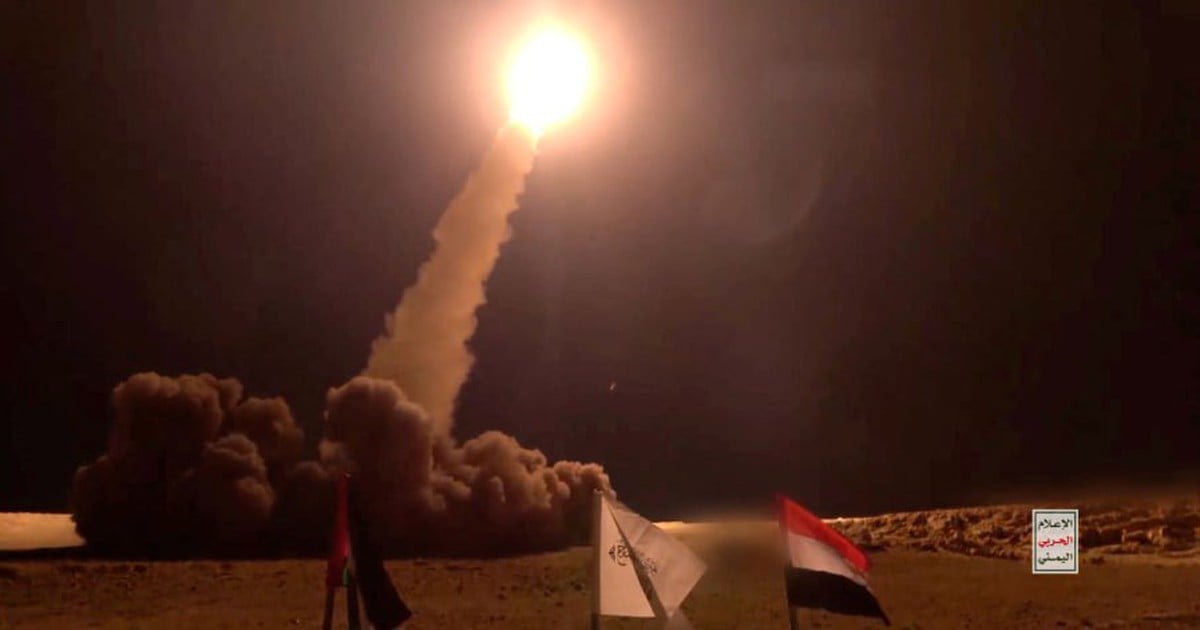


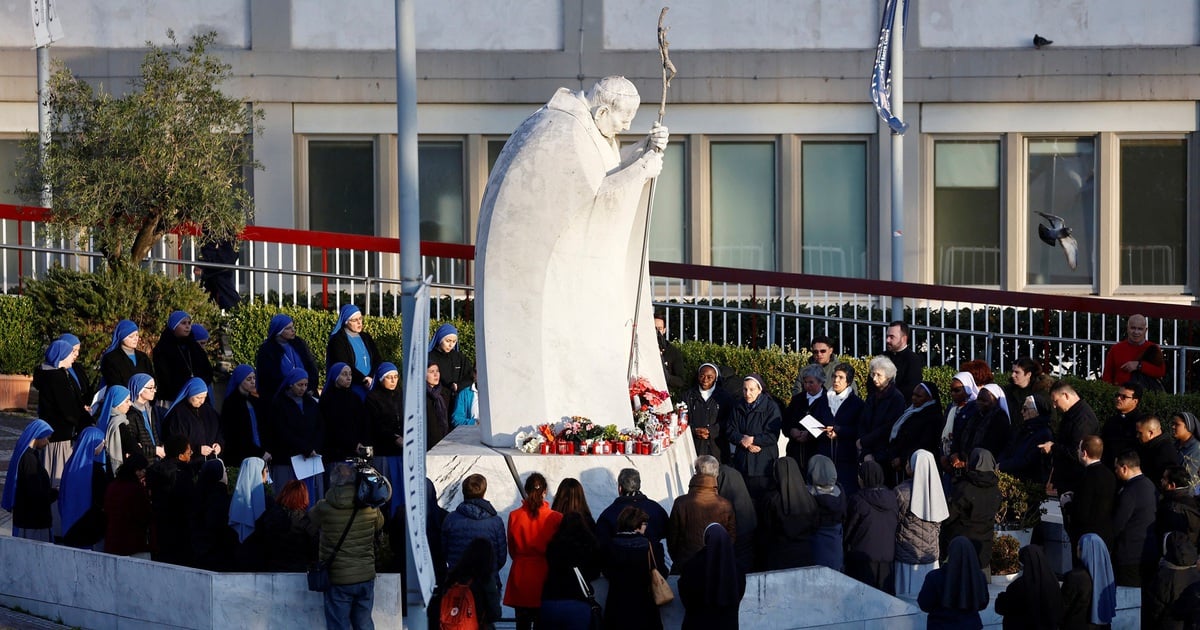
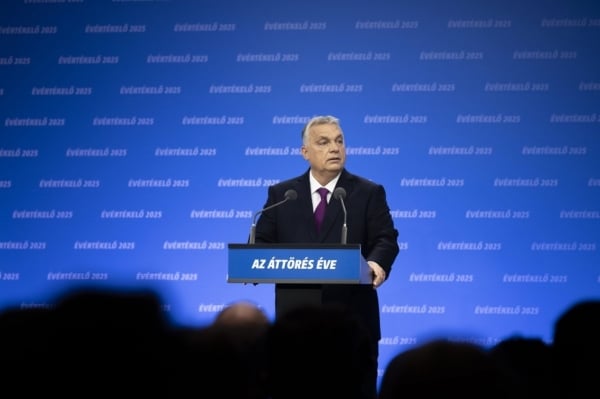
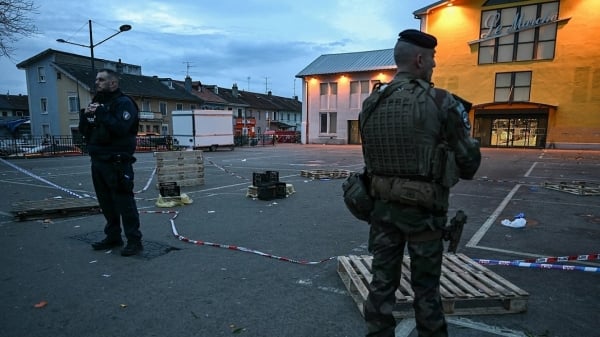




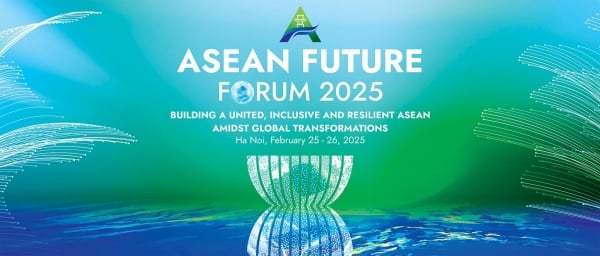




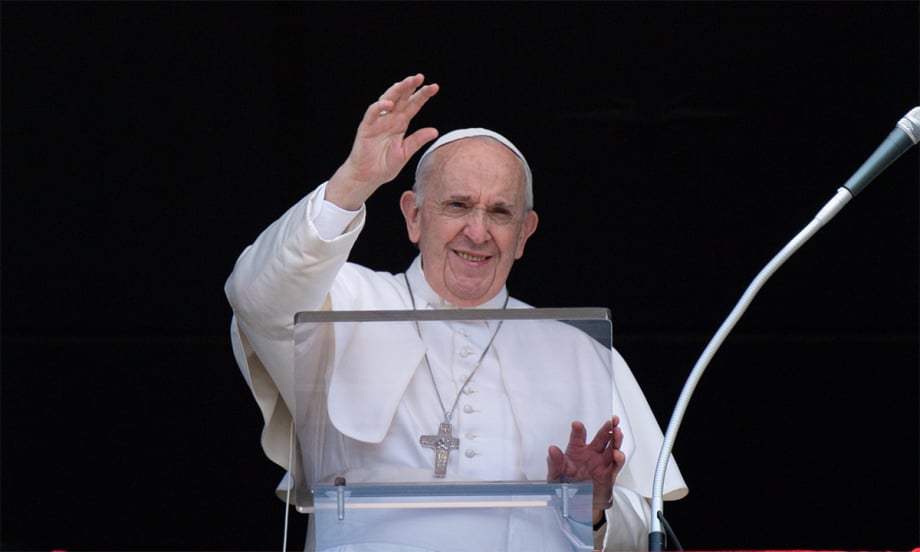








Comment (0)